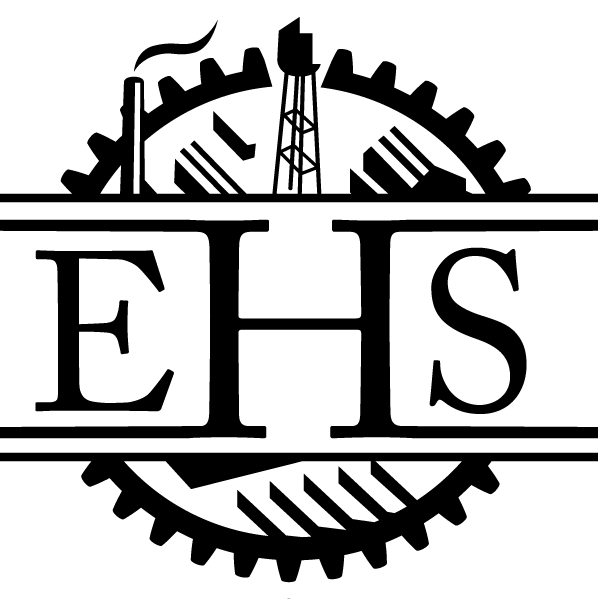
International Harvester Company
Located between 59th & 60th streets facing Hollis was a dynamo of American Manufacturing that spanned nearly a century.
The International Harvester Company Emeryville Works plant manufactured trucks including the iconic D-400 “Emeryville” that is still highly regarded today by trucking enthusiasts.
International Harvester was founded in 1902 through a merger of several agricultural equipment firms. The newly formed company manufactured tractors for agricultural use including the Farmall tractor which became a popular choice for farmers. They began manufacturing trucks in 1907. Originally marketed toward farmers, they were later sold to industry and eventually worldwide.
During WWII, they were contracted by the military to build military vehicles and bulldozers. At this time they operated plants in Illinois, Louisville and Kentucky.

In 1945 IH established its first West Coast plant located at 1360 59th Street here in Emeryville. The company signed a 10 year lease for five acres of property owned by the Tidewater Associated Oil company.
The property was bounded by 59th Street, Green (now Hollis) and 61st Street. The lot contained two buildings totalling 47,000 square feet which were utilized for assembly.
IH also leased an additional 60,000 square feet of land both north and south of the Tidewater Associated property to be used for outside truck storage and employee parking.
Building alterations and construction of their assembly line took only two months and vehicle production began in February 1946. Adolph W. Engtrom held the position of Manager of the Emeryville plant at the time. He had many years of experience in motor-truck manufacturing.

IH engineers had made exhaustive studies of the needs of West Coast truck drivers. The new trucks were designed for the particular requirements of coastal and mountainous regions, capable of crossing the high elevations of the Sierra Nevada and Rocky Mountains. The models helped make IH the largest selling heavy-duty trucks in the world at the time.
Six truck models were produced at the Emeryville plant, ranging in size between 30,000 pounds (15 tons) and 45,000 pounds (22.5 tons) gross vehicle weight. Six models of motors were available including both gasoline and Diesel. They offered heavy duty and tandem-axle trucks.

The trucks were especially designed for fast highway freight handling and for heavy off-the road work in lumbering and mining. The new trucks were sold and serviced in eleven western states, including Wyoming, Montana, Colorado, Oregon, Washington and California. The Emeryville plant employed a workforce of 250 and had a building capacity of 125 trucks per month.
In 1948, IH opened a headquarters building at 2855 Cypress Street in Oakland, providing a sales and service facility for the distribution of IH motor trucks manufactured in Emeryville. At the same time, IH built a warehouse in Richmond that stocked a complete array of parts needed to build IH trucks.
In 1961, they unveiled their D-400 model, dubbed “The Emeryville,” that was the first model produced with a tilting hood.
The Emeryville IH plant closed in 1963 and moved to a 750,000 square foot building located in San Leandro, formerly a Dodge assembly plant, on a site that encompassed 31 acres. This plant was five times the size of the Emeryville operation.

The plant persisted as a manufacturing facility and by 1964 it was home to the Thorsen Manufacturing Company who made hand tools including sockets and wrenches. Thorsen moved from a smaller location in Emeryville at 5325 Horton. They employed 170 workers.
By 1977, the building was the home to the PEMKO Products Company who designed and manufactured door hardware for commercial use.
In the early 1990s, the building was home to a restaurant called Colors Café as well as an art gallery space called the Hollis Street Project.
In 1994, it became a billiard club called “Chalker’s” that was the predecessor to The Broken Rack.

The building was renovated for office space by local architect Philip Banta in the late 1990s.
Since its renovation, it’s mostly been occupied by a variety of technology-focused companies including Aspera who were acquired in 2014 by IBM.




